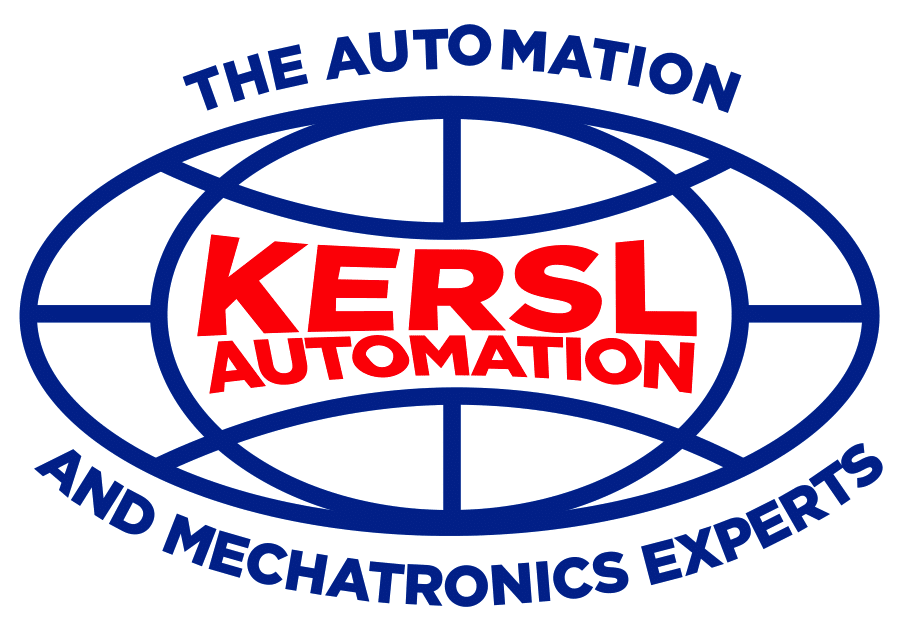National Certificate I Program in Mechatronics Engineering
What is Mechatronics?
Mechatronics is a multidisciplinary field that combines three engineering disciplines—Electrical, Mechanical and Computer Technology—as an area of expertise needed for today’s automated manufacturing industries.
A mechatronics technician therefore has a solid background in both mechanical and electrical engineering fundamentals and therefore has the background to troubleshoot today’s electromechanical and automated machines with embedded electronics and communication capabilities.
Mechatronics specialists can work with huge industrial robots such as in car assembly plants, with smaller robots in pick-and-place operations, or with control systems for bottling or packaging of food and drink products.
Some mechatronics specialists are employed in companies that specialize in the design and maintenance of automated equipment. These include manufacturing, mining, aviation and transport companies.
Mechatronics engineers can work in any of these areas as well as in the fields of cyber security, telecommunications, computer science, automotive engineering, robotics, artificial intelligence, consumer products and packaging.
The discipline of Mechatronics is a significant contributor to developing a technically competent workforce for manufacturing industries. Unfortunately, the Ghana TVET system does not currently have any programme in Mechatronics. There are indeed other related disciplines and/or courses in the TVET schools (e.g., industrial mechanics, electronics, IT, etc.), but there is no integrated curriculum for a programme in Mechatronics.
KERSL Automation is committed to bridging this gap by being the first training provider (private or public) to offer mechatronics programmes at the Certificate I and II levels on the National TVET Qualification Framework.
KERSL Automation’s Mechatronics program contains two more courses in addition to the curriculum leading to the National Certificate I (NC I) in Mechatronics Engineering in the National TVET Qualification Framework (NTVETQF).
That is, the programme run by KERSL Automation contains all the courses listed in the Occupational Standards for National Certificate I programme in Mechatronics Engineering set by CTVET (Commission for Technical and Vocational Education and Training), plus two more courses.
Occupational Standards (O.S.) are the relevant sets of knowledge, skills, attitudes and values that have to be acquired by the Competency-Based Training (CBT) learner to make him/her work effectively at a particular level on the National TVET Qualification Framework in a chosen trade or occupation.
The CTVET co-ordinates and oversees technical and vocational education and training in the country.
CERTIFICATE IN MECHATRIONICS ENGINEERING (DURATION: 1.5 YEARS)
| Units | Mandatory or Elective | Credit Value |
| Introduction to Mechatronics Engineering | Mandatory | 3.0 |
| Occupational Health, Safety and Environment | Mandatory | 3.0 |
| Basic Electricity | Mandatory | 3.0 |
| Measuring tools | Mandatory | 3.0 |
| Industrial Electricals Installation | Mandatory | 3.0 |
| Tools and Equipment | Mandatory | 3.0 |
| Domestic Wiring | Mandatory | 3.0 |
| Basic Mechanical Components | Mandatory | 3.0 |
| Fundamentals of CAD Software | Mandatory | 3.0 |
| Lubrication | Mandatory | 2.0 |
| Basic Technical Drawing | Mandatory | 3.0 |
| Introduction to Pneumatics | Mandatory | 3.0 |
| Introduction to Hydraulics | Mandatory | 3.0 |
| Sensors and Actuators | Mandatory | 3.0 |
| Valves and Seals | Mandatory | 2.0 |
| Electromechanical Switches | Mandatory | 2.0 |
| Process Control | Mandatory | 3.0 |
| PLC Programming | Mandatory | 3.0 |
| Introduction to Factory IO | Mandatory | 3.0 |
| Fundamentals of Robotics | Mandatory | 3.0 |
| General Servicing | Elective | 3.0 |
